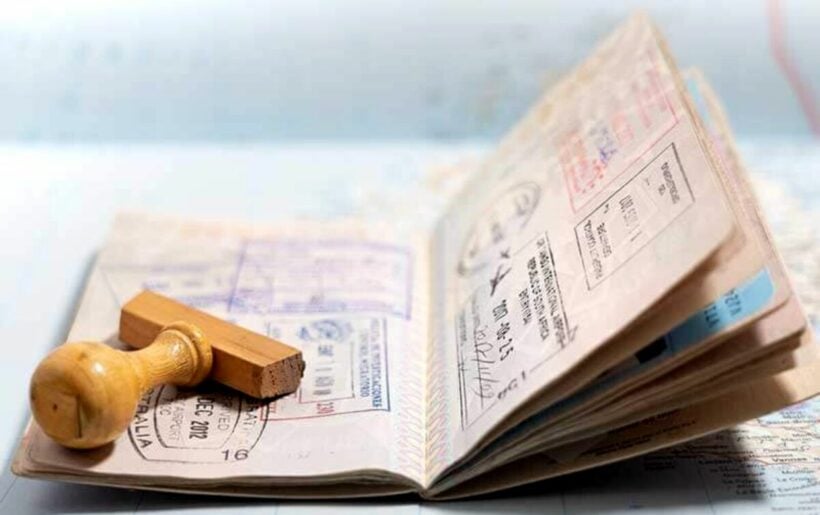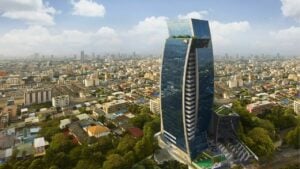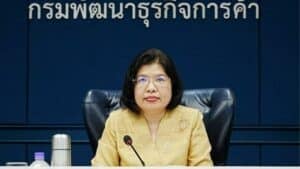US, China, UK account for 45% of the 400 LTR visa applications

The Thai government predicted one million rich foreigners would snap up new long-term resident visas when the scheme was launched on September 1. In the first 12 days, the LTR visa applications began slowly rolling in, with about 400 people applying so far, mostly pensioners. Officials are framing the applicants so far as a glimpse of what’s to come as the programme gains traction.
The deputy secretary-general of the Board of Investment gave an interview in Bangkok where he confirmed that about 40% of the people who have applied for the LTR visa were retirees. Another 30% of applicants were digital nomads applying to make Thailand their home base to work remotely. The remaining 30% were split between wealthy global citizens and highly-skilled professionals.
Americans were the largest demographic to jump on the new LTR visa programme, with about 20% of the applications coming from the US. China was the second largest demographic, with about 15% of the applications so far, followed by the UK with 10% of the applicants.
In the four years since launching the previous visa scheme to attract long-term expats to the kingdom, just 1,200 people submitted applications for the smart visa programme, so the 400 applicants this month could be a good sign. Thailand’s strategy is to market wealthy people, not just from around the world, but also domestically.
The LTR visa is hoping to attract some of the 300,000 foreigners already living in the country using a number of different visa options, like retirement visas, education visas, business visas, or family-related visas.
After a global nosedive in tourism, countries around the world are brainstorming plans to attract tourists and revenue. Before the pandemic, tourism made up 12% of Thailand’s gross domestic product. Authorities are hoping this new program generates one trillion baht per year in revenue, by encouraging rich foreigners to move here, invest, and spend money.
Thailand has taken the approach of trying to target rich expats, including digital nomads and wealthy pensioners, as well as luring skilled professionals to boost the kingdom’s status in emerging technologies and make the country a Southeast Asian tech hub and global player. Other countries like Singapore have eschewed a thirst for rich foreigners and focused solely on recruiting foreign innovators and talent.
SOURCE: Bangkok Post
Latest Thailand News
Follow The Thaiger on Google News:
































